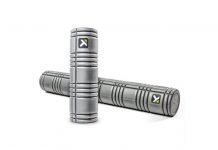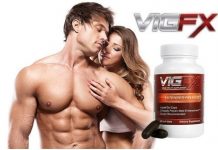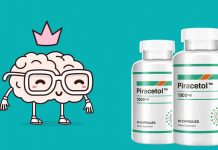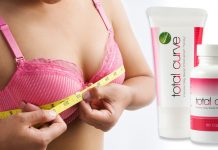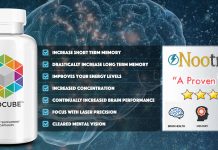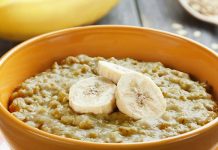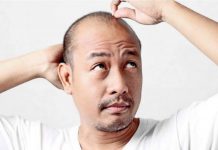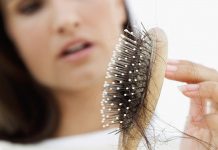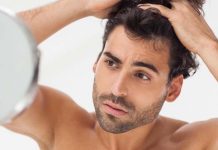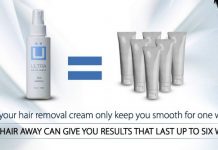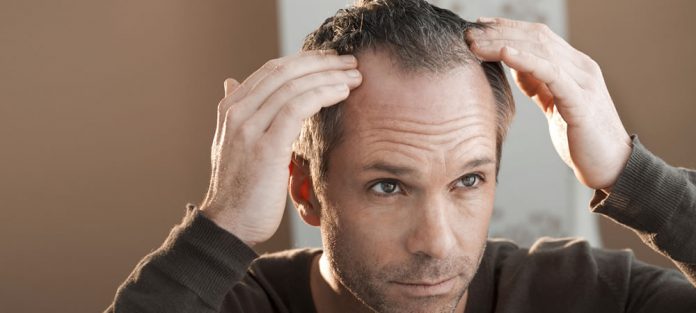
Human beings love having nice hair. The way we cut, color, and style our hair has been a matter of great interest for thousands of years. Trends have waxed and waned (including numerous periods in history where the thing to do was to cut it all off), but the fact remains that the keratin creeping from our scalp tends to take up a lot of our time and attention.
Once upon a time, getting healthy hair might have been a matter of luck and trial and error. Before modern science, people would try all kinds of wacky things to encourage hair growth (would you care to try some aloe vera mixed with wine to replace your conditioner? Or maybe a little onion juice?), but there was no way to know if any remedy would work for you, even if it worked for your friend.
Thankfully we have machines that can tell us how our hair grows down to the molecular, and even atomic level. We know pretty well what goes into growing healthy hair, and the factors that can encourage or inhibit that growth. Some of these factors can’t be helped; genetics are a huge part of how fast or slow, strong or weak, thin or thick your hair grows, and by and large genetics isn’t something you can mess with. However, hair growth, like, nail growth, can be and is often affected strongly by your diet, even down to the day to day stuff like how much water you’re drinking, or the vitamins you take.
So What About Vitamin B?
As you may or may not know, there are dozens of vitamins vital to the running of your body’s daily processes. B vitamins are one category of these that mostly influence cell metabolism. B vitamins are water soluble, which means that they are carried by water into your system, as opposed to fat-soluble vitamins, like D vitamins.
This means that B vitamins are also easily absorbed by your body, since it’s already set up to easily absorb and process water. Among the B vitamins is one in particular which you may have heard of over the past 5 or 10 years; vitamin B7, also known as Biotin.
Also read: Hair treatment system Procerin >>
The ABCs of Biotin
Biotin is a B vitamin responsible for the production of fatty acids, the building blocks of our body, as well as cell growth, and the metabolism of fats and amino acids. All of these factors tie into the production of healthy hair and nails, since the high turnover and production of these cells requires a perfectly tuned cellular metabolism to ensure that everything works as it should.
Some, or all, of the biotin we need on a daily basis can be synthesized by our naturally occurring intestinal flora, i.e. the bacteria that live in our digestive systems. Although it’s a little gross to think about, having healthy intestinal bacteria are an important part of our overall health, and that extends to healthy nails and hair.
Sources of biotin in our diet include:
- soybeans
- beef liver
- butter
- legumes like green peas or lentils
- peanuts, walnuts, pecans, and sunflower seeds
- brewer’s yeast
Because biotin is a water-soluble vitamin, it doesn’t stick around in your system, instead being excreted in either the urine or sweat when there is a surplus available. This means that the bioavailability, or the amount of biotin “on hand” in your body, so to speak, can be low, if your day-to-day life isn’t providing enough biotin for your body to use. This is why you may want to consider taking a biotin supplement if you’ve noticed your hair lacking some oomph.
Under normal circumstances a person should ingest or produce enough biotin for health during normal everyday life, so the Institute of Medicine, or IoM, has set an adequate intake level for biotin, as opposed to a required daily intake or recommended daily intake. This adequate intake, or AI, is 30 mcg (micrograms) a day for a healthy adult.
Why Should I Take Biotin?
Under normal circumstances, everyone should get enough biotin from internal processes and a normal balanced diet, with no special considerations necessary. However, when something has interrupted your digestive flora, or if you are facing food restrictions for health or other reasons, you could still find yourself not getting enough biotin in your diet.
One particular way this can occur is with the ingestion of large amounts of egg whites; they contain the protein avidin which binds strongly with biotin, thus preventing it from being absorbed by your body. The signs of a biotin deficiency include red patchy rashes near the mouth, fine or brittle hair, alopecia or hair loss, anemia, and fungal infections.
Living Your Best Hair Life with Biotin
When it comes to hair growth, the best science knows of the exact process by which biotin can help is that it improves your body’s ability to produce keratin, and makes the keratin produced much stronger and thus, makes hair less prone to breakage. Biotin helps the body overall with the production and manipulation of amino acids, i.e. the basic elements that make up the proteins in our bodies. Keratin is one such protein, so although the specific process by which biotin helps hair growth hasn’t yet been identified, the working theory is that biotin is an overall “protein booster”, including but not limited to your lovely locks (of hair).
Biotin Supplements and Me
Biotin as a supplement can take a number of forms. The most obvious is a pill, which is sold where nutrition and supplement products can be found. Biotin can also be administered topically through various means, depending on the intended effect. For hair growth, biotin-fortified shampoos and oil treatments are a great choice if you’re just looking for a little extra oomph. Biotin is absorbed easily through the skin because of its water soluble status, but the best way to ensure you’re getting all the biotin you may need is still to take an oral supplement.
In Conclusion
Biotin is a nutrient that, like many vitamins, controls many important processes throughout your body. If you’re looking to control or reverse hair thinning or hair loss, integrating a biotin supplement into your daily regimen is a low-impact way to improve hair health. With biotin, the benefits can be high, and the risks are very low, due to its water solubility and the low concentrations necessary for biotin to do its work in your body. So consider biotin if you’re looking in the mirror and wishing for a you with better hair.
Also read: Hair treatment - Profollica >>


